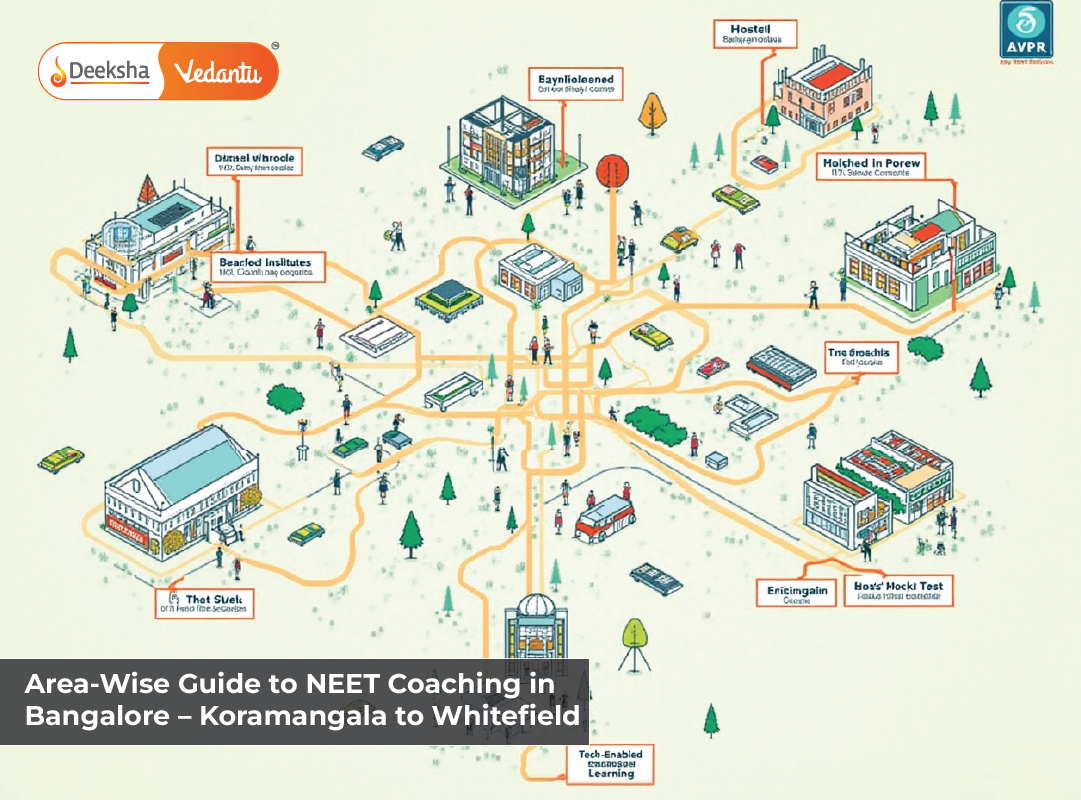Introduction
Indian kids in the tenth grade will soon face the challenge of sitting for one of the important tests of their academic careers: the Class 10 Board exams. Their exceptional performance depends on their capacity to prepare well in advance, pay close attention to their presentation and writing style, and, most importantly, exercise caution while taking the examinations.
We know how crucial it is for every student to pass the board test. Several dos and don’ts for board test preparation are listed below. The board test is a crucial part of a student’s life for assuring future college entrance and a decent career. Because the kids take this seriously, they worry about doing well on their board examinations. Students that have to do many tasks at once, such as writing assignments, test preparation, and other course requirements, find it stressful to get high exam scores.
Things-To-Do 15 Days Before Writing the Exam
Let’s explain how to stay composed while studying over the next several days and what exam etiquette to adhere to while taking the tests.
Avoid being puzzled by new ideas.
It’s often seen that students leave a few details to the very last minute. Before entering the test room, students believe they will review a few notes. They feel that doing so would allow students to recall essential things in test rooms. Yet this is often the wrong attitude.
Making last-minute mistakes causes a tonne of uncertainty when taking the test. Avoid trying to learn new concepts a week before the test. It’s easy to get confused by new subjects, yet doing so wastes valuable time. Use your abilities, make it straightforward, and address important and serious subjects.
Cover one easy and one difficult subject/topic per day
Incorporate challenging and simple subjects and chapters into your daily comprehensive study schedule. For instance, if Physics numerical is difficult but Biology is simple to understand, review these two subjects one after the other. This keeps you engaged the whole time without affecting your mental ability. Avoid studying too many subjects at once.
Use Quick Revision tools – quick notes, flashcards & formulae chart/poster
Use brief notes, flashcards, brain maps, formula charts, and posters instead of reading complete NCERT books to review key concepts and formulas throughout the day. This is better than spending hours reading textbooks. If you have questions, ask your professors for clarification or see the concept video for the challenging subject.
Repeat solving questions from practice / mock tests
The easiest approach to memorize question patterns, determine your level of preparation, and develop time management skills is to complete as many previous years’ papers, practice exams, and mock examinations as possible. Also, it’s crucial to schedule each portion in advance and provide 15 minutes for revision.
Science Stream Career Options After 10th
Keep adequate breaks in your timetable.
Don’t miss it. Choose a relaxing activity to give your mind a break, refuel, and de-stress. It would be best if you were sure to include brief pauses throughout your study sessions. You may take a quick stroll, engage in yoga, meditation, or both. This will greatly increase your ability to pay attention and understand what is being said.
Refine the study schedule as per need.
It’s not a good idea to stick with perfect plans and not make necessary adjustments. Establish a realistic study schedule with appropriate goals to increase its effectiveness. Every day, review your schedule and make any required adjustments so that the next day you will cover the subjects or time-consuming areas that were missed.
Practice grammar skills & analyze solutions.
Focus on improving your grammar in language classes like English, Hindi, and Sanskrit, as the examiners will evaluate your sentences for correctness and sentence construction. Practice writing compositions using example answers and questions from prior years to improve your writing style. Afterward, to correct your errors, refer to the top scorers’ answer sheets and sample solutions.
Things-To-Do while Writing the Exam
Allocate time to each section/question.
When you get the question paper, divide the total time between the different parts. Allow fifteen minutes for revising at the conclusion. Spending too much time on short answers can cause you to hurry through the final few lengthy answers, which will cause careless mistakes.
While taking the test, try to start by responding to simple questions. The board exams allow you to answer the parts in the order that seems most natural to you. The students should use this since it will allow them to save time for the more challenging areas. Before moving on to the next area, you must finish all the questions in that section.
Read questions carefully
Pay attention to the question’s core and crucial terms and read the whole question twice. Never begin your response to a question by reading the first few sentences. This might result in reckless mistakes. The most frequent error many students make is failing to study the question paper. They read the question paper mindlessly, misunderstand it, and provide incorrect answers. Even if they have enough preparation, they are still losing marks by doing this.
Strike off completed questions on the question paper.
You must ensure you never unintentionally omit to respond to a question. The most important thing for students to remember is to check their answer sheets once or twice if they still have time to see whether they made any errors when writing the answers or omitted any questions. It is common to make ridiculous spelling, grammar, and number mistakes. You may eliminate such errors by reading through your document.
How to Present the Paper?
- Just use blue or black ink to write on your paper. Please don’t write with a green or another colored pen.
- Mark the margins on the answer sheet with the question number on the left and the preliminary work on the right.
- Write in readable handwriting that is tidy. If you make a mistake, cross it out in one line.
- Place a space between each response. For added neatness, you may also draw a line after each answer.
- Make an effort to answer the questions in chronological order. If you are unsure of an answer, write it down and return to it later.
- Avoid using short forms and SMS language. Pay close attention to spelling and write in a formal, academic manner.
- While drafting answers, avoid going into excessive detail. Observe the word limit and scoring system.
- Underline the answer or the key phrase for questions with extremely short or objective answers. Moreover, you may underline, highlight, or create boxes around crucial information.
- Please answer the question in points inside columns to make it easier to distinguish between questions. Write sentences, not paragraphs.
- Use a sharp pencil to create organized diagrams in science. Give each diagram a meaningful title.
- In Social Science, attach the map in the center of the answer sheet, not at the end, and note the question number in the upper left corner of the map.
- Write down all the supplied information in mathematics in the following order: Given, To Find, Formulae, Proof, and Answer (in units).
- Put the final result of the mathematics and physics numerical in a box (with units).
- Write essays and responses in paragraph form in English, keeping the word count in mind. Write without using points.
The Don’ts
Don’t study continuously for long hours without taking a Break
Students start studying consistently for 5–6 hours as the board test draws near. Students often feel that studying for long periods helps them focus, yet this belief is frequently false. The exact opposite occurs. After a while, the brain becomes overloaded with knowledge, and a pause is required. Your mind will begin to weary throughout this, and you may forget most of the thoughts or confuse the data.
If you want to prevent this, try to take breaks often throughout your study sessions. Every two hours of study may be broken up into five to ten minutes of rest. It is advised to take a few pauses. Study for 6 to 12 hours each day, but take well-timed breaks.
Don’t forget to practice the diagram.
Since most students merely read through the diagrams and don’t practice them, it will be challenging for you to remember the diagram during the test. You must practice the diagrams thoroughly to prevent this and do well on your board exams. At least two or three times, try to sketch the relevant diagrams without consulting the textbook.
Don’t forget to carry your stationery and documents on exam day.
We know that there are strong regulations against exchanging stationery from the board examination authority. Don’t forget to bring everything you’ll need for the test. Make sure you have a list of everything you will need in advance. Moreover, be sure to pack everything as per the list. One of the most significant tests of your life is the board exams. Don’t forget to offer your all.
No early preparation
Many students don’t begin their studies until a few days before their examinations. This is often a severe no-no. Starting early with board test preparation is advisable since it sometimes takes longer than you anticipate. Starting early has several benefits, but one of the most significant ones is having adequate time for revision. With planning, you won’t have to worry at the last minute about how you’ll do on tests, if you’ll be able to finish the paper on time, etc.
Conclusion
These were some Board exam tips, and strategies students may use to succeed in their examinations and get high scores. Board examinations are important in a student’s life. Thus it is normal to feel anxious before them. Nonetheless, using the proper study methods will make it simpler to pass the tests with respectable grades. Remember that your health greatly impacts your performance on the test day. To perform at your best, get enough sleep, don’t worry, and remember these suggestions.
Table of Contents














Get Social